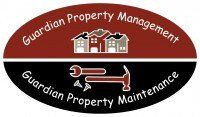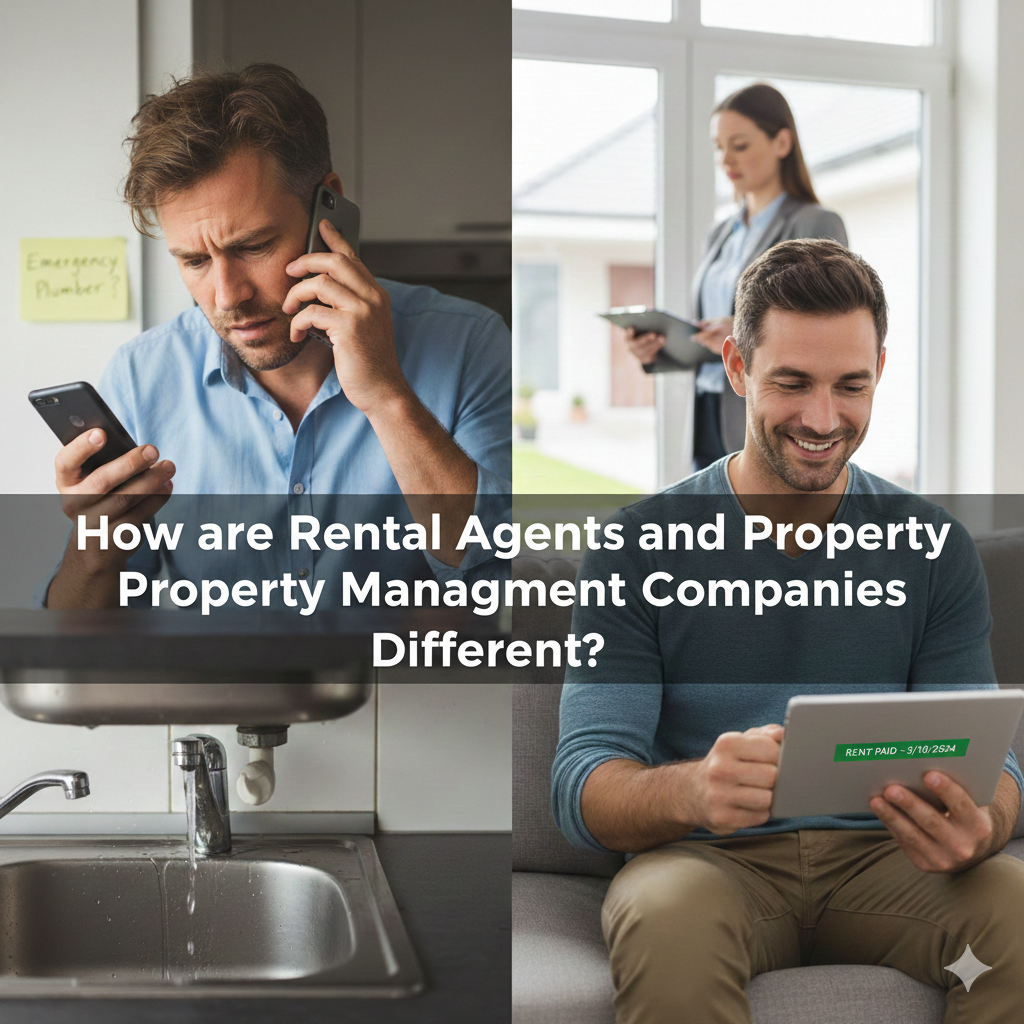How to Effectively Manage Foreclosure Properties

Did you know that more than 87,000 properties had foreclosure filings during the third quarter of this year in the USA? Essentially, the owners of these properties failed to pay off their mortgage loans and lenders (mostly banks) have taken over the same to recover the amount of money the borrowers owe through auction. Now, if you are planning to invest in such properties, it is highly lucrative. However, you must be prepared for a lot of research, due diligence, strategizing, hard work, and patience. Foreclosure properties management can be a tricky affair, requiring you to study local trends in terms of properties, demographics, and the economy.
But if you don’t mind putting in the effort, read on to understand how to manage foreclosed properties efficiently, from acquiring them to using or disposing of them.
Avoid the Shotgun Approach
Buying foreclosed properties is somewhat like buying used cars. If you buy one just because the auction price is lower than the intrinsic value of the property, you are likely to take on a massive risk and head for loss. It is similar to buying a used car at a discounted price without understanding the make, model, or shortcomings.
So, ideally, the first step of foreclosure properties management is to zero in on options that are in localities poised for improvement or redevelopment. Also look for any special attributes in the property that can help you create value for potential renters or buyers in the future.
Look Before You Invest
It is important to have a clear strategy that outlines your method of acquiring, holding, and disposing of the property as well as investment objectives. For instance, you must first find out why the property was foreclosed. Was it because the previous owner met with an unfortunate situation and didn’t know how to save house from foreclosure or because the foreclosure was a reflection of the local market trends?
Do the following additionally:
Study the Local Real Estate Market: Remember that demand for properties is dependent on growth in population, job opportunities, as well as disposable income. Demographic changes are a factor too. This can impact how easy it will be to sell the property once you are done with the investment and the price you can secure.
Research Infrastructural Development: Find out if the locality is expected to benefit from any community projects, road development, or schools in the future. Is the government taking measures to improve the traffic or safety in the area or reduce taxes? Positive developments can make the locality more attractive and boost the property’s value later.
Acquire Creatively
When it comes to foreclosure properties management, try and minimize competition and think beyond sealing the deal at a courthouse. Alternative tactics can help you analyze the distressed property better and close the deal more easily. Here are a couple of tactics to adopt:
If you are knowledgeable about residential lending, leverage your marketplace contacts to access distressed properties. This way, you can learn about a property’s benefits and pitfalls and also help anxious homeowners negotiate with lenders. In case the loan problems are resolved, your reputation will increase among both lenders and owners and you might be referred to others struggling with problem loans. Even if the problem isn’t resolved, you get the first chance of acquiring the property since the owner trusts you.
Alternatively, you can buy the distressed or nonperforming loan from the lender at a discount. Then, you can work out the same, turn it into a performing loan again, and ensure a higher potential return. Once the loan is seasoned and performs for a while, you can hold or sell it off at a premium. Even if you can’t work out the nonperforming loan, you can foreclose on the property and obtain the title without any competition.
What to Do With the Acquired Property?
In foreclosure properties management, you must have a clear idea about what to do after acquiring the asset. Usually, you can:
Flip: If you intend to remarket foreclosures shortly after buying the same, focus on enhancing the property. Remodeling kitchens, adding bathrooms and bedrooms, upgrading or finishing unused spaces can help. These improvements can shorten your marketing period and enable you to demand a higher sale price.
Hold: In this case, you can use foreclosures as rental properties until their value spikes due to market changes and you are ready to sell. However, you must research the rental market well and make sure the rent generated covers the cost of maintenance. Also, watch out for any significant change in demand.
Don’t Forget the Exit Strategy
Investing in foreclosure properties when a ton of them are available is not a wise move, as the reason might be some local infrastructural problem or declining job opportunities. This means unless market fundamentals in the area get better, you can’t sell off the distressed property quickly or at a decent price. Plus, don’t ignore the carrying costs, like taxes, insurance, mortgage payments, maintenance, etc. Hence, your exit strategy should be to sell the property at a small or zero profit at least rather than prolonging the marketing period and accruing carrying costs.
Conclusion
In a nutshell, foreclosure properties management can help you build wealth if done right. However, you might not see fast results. Also, studying the actions of seasoned investors is essential before you get started. You must put ample time, effort, and energy into the exercise to stay ahead of competitors as well.
The good news is that if the idea of investing in foreclosure properties seems daunting, consult an experienced and reputed
property management
company in the Greater Twin Cities area. They can advise you end-to-end, from timing the investment to acquiring the property, to making the most of it profitably. Such companies can help you secure an attractive sale price while minimizing carrying costs or lease out the property at a rental rate that covers maintenance costs.
Manage Foreclosure Properties with Guardian Property Management
At
Guardian Property Management
, we understand foreclosure properties management can be challenging to handle, especially if you are new to it. Fortunately, our experts are well-versed in all the nitty-gritty of such properties and can craft the perfect strategy to make your investment profitable. We not only understand market dynamics well but can also identify hidden trends and opportunities for your benefit. So, are you eager to discuss your requirements in detail?
Contact Guardian Property Management
today.
Send an email to
info@guardianprop.com
or call us at 651-287-2011 to schedule a consultation.















